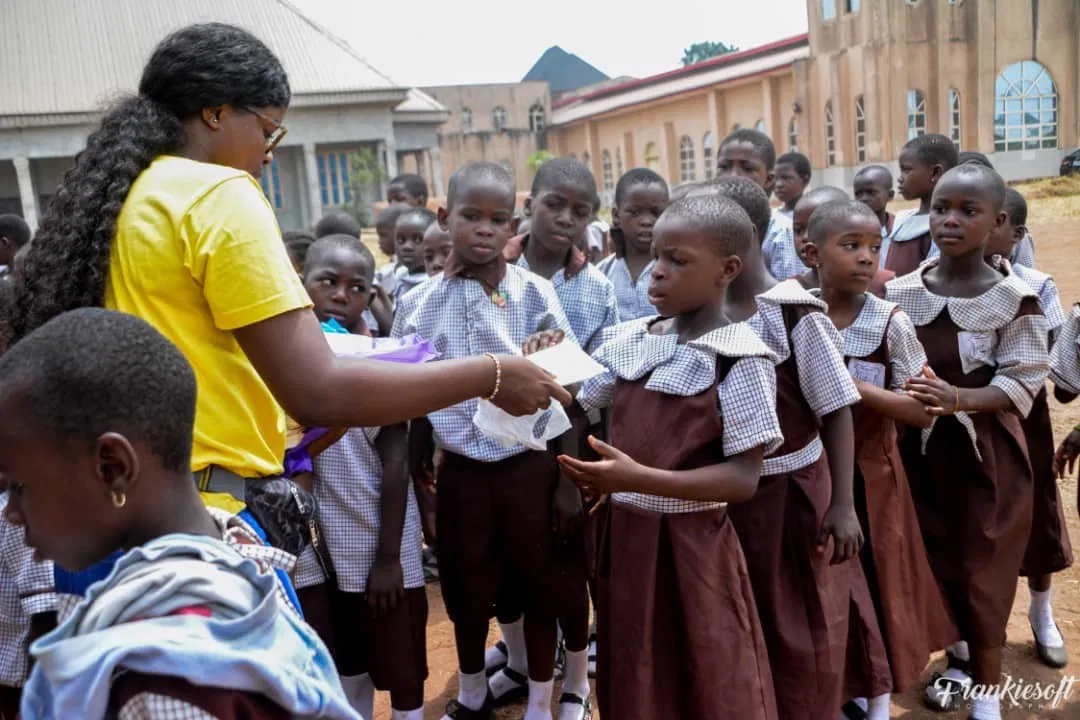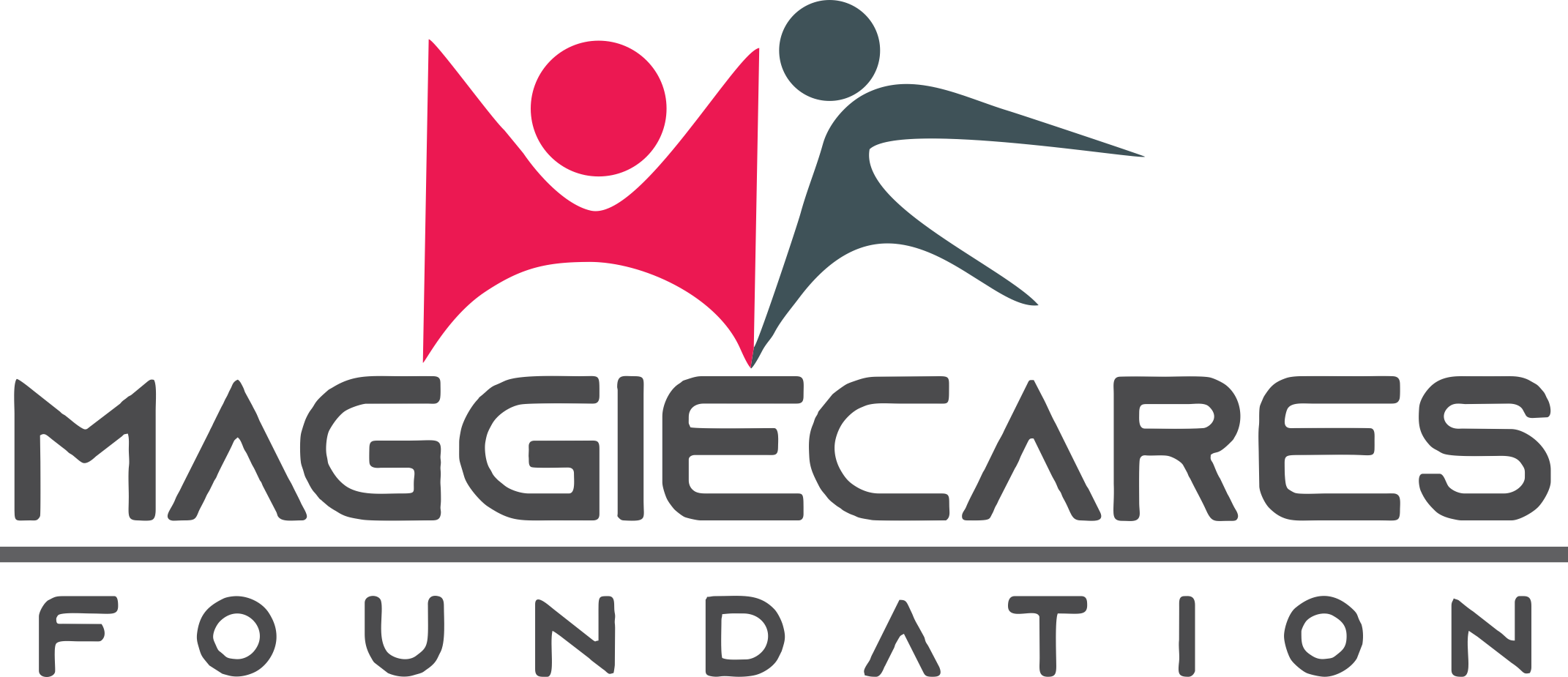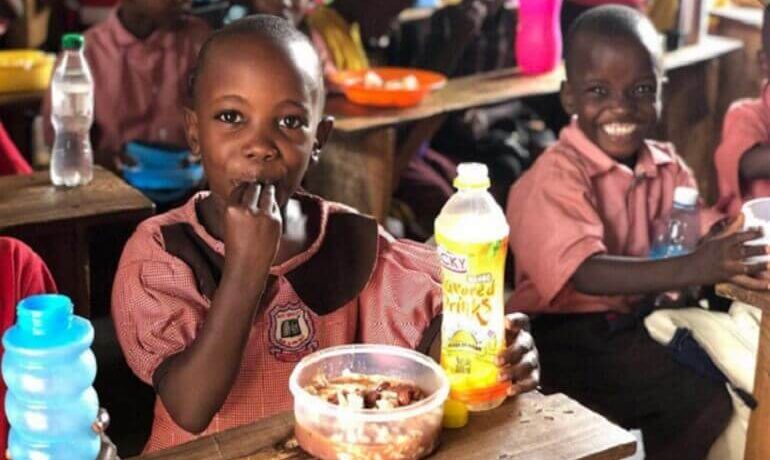
Access to quality early childhood education is a critical factor in shaping the future of any society, and Nigerian communities such as Abuja, Kaduna, and Edo State are no exception. Early education sets the stage for lifelong learning, equipping children with the foundational skills they need to succeed academically and socially.
Unfortunately, many children in Nigeria are deprived of this vital opportunity due to poverty and lack of access to educational resources. In communities like Edo and Kaduna, parents struggle to provide basic school supplies and cover tuition fees. According to UNESCO, over 13 million Nigerian children are out of school, and the numbers are especially dire in rural and underserved areas.
Programs focused on early childhood education, such as those offered by Maggie Cares Foundation, are working to close this gap. By providing free learning materials, scholarships, and teacher training, these initiatives aim to ensure that every child, regardless of their background, has the chance to reach their full potential. When children in Abuja, Kaduna, and other regions are given a strong educational foundation, it not only transforms their lives but also drives economic growth and reduces poverty in their communities.
Investing in early education in Nigeria is not just a moral imperative—it’s a practical one. It creates a ripple effect that uplifts families and entire communities, laying the groundwork for a brighter, more prosperous future for Nigeria.
Related Post
Combating Malnutrition in Nigeria’s Most Vulnerable Communities
Hunger remains a critical issue in many Nigerian communities,
How Kindness Can Change Lives: Power Of Kindness
You know, it’s funny how sometimes we underestimate the



